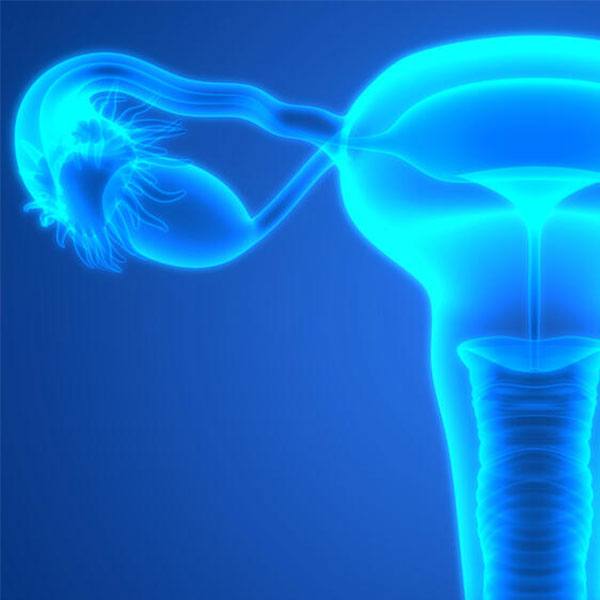-
Mammograms Decline After Task Force Recommendation
ROCHESTER, Minn. — June 26, 2012. Preventive mammography rates in women in their 40s have dropped nearly 6 percent nationwide since the U.S. Preventive Services Task Force (USPSTF) recommended against routine mammograms for women in this age group, a Mayo Clinic analysis shows. That represents a small but significant decrease since the controversial guidelines were released, the researchers say. Their findings are being presented at the Academy Health Annual Research Meeting, June 24-26, in Orlando, Fla.
VIDEO ALERT: Video resources, including an interview with Sandhya Pruthi, M.D., are available for journalists at the Mayo Clinic News Network.
"The 2009 USPSTF guidelines resulted in significant backlash among patients, physicians and other organizations, prompting many medical societies to release opposing guidelines," says co-author Nilay Shah, Ph.D., a researcher at the Mayo Clinic Center for the Science of Health Care Delivery. "We were interested in determining the impact that the recommendations and subsequent public debate had upon utilization of mammography in younger women."
Using a large, national representative database of 100 health plans, researchers identified the number of screening mammograms performed between January 2006 and December 2010, and compared rates before and after the task force report. Nearly 8 million women ages 40 to 64 were included in the analysis.
Comparing mammography rates before and after publication of the new guidelines, researchers found that the recommendations were associated with a 5.72 percent decrease in the mammography rate for women ages 40-49. Over a year, nearly 54,000 fewer mammograms were performed in this age group.
"For the first year after the guidelines changed, there was a small but significant decrease in the rate of mammography for women ages 40–49," Dr. Shah says. "This is consistent with the context of the guidelines change. A modest effect is also in line with the public resistance to the guidelines change and the subsequent release of conflicting guidelines."
Mammography Screening: What Mayo Clinic Recommends
Mayo Clinic continues to recommend an annual screening mammogram beginning at age 40, in line with recommendations from the American Cancer Society. Mayo uses a three-tiered approach:
- Breast health awareness, which includes a woman becoming familiar with her breasts to identify breast abnormalities or changes and to inform her doctor of any changes that may need further evaluation.
- A clinical breast exam performed by a health care provider and recommended annually beginning at age 40.
- Screening mammography beginning at age 40.
- Screening mammograms can detect breast abnormalities early in women in their 40s. Findings from a large study in Sweden of more than 1 million women in their 40s who received screening mammograms showed a 29 percent decline in breast cancer deaths.
"Screening mammography is not a perfect exam, but it is the best available tool to detect cancer early," says Sandhya Pruthi, M.D., consultant in Mayo Clinic's Breast Clinic. "Early detection can lead to better options and possibly less-aggressive treatments."
###
About Mayo Clinic:
Recognizing 150 years of serving humanity in 2014, Mayo Clinic is a nonprofit worldwide leader in medical care, research and education for people from all walks of life. For more information, visit 150years.mayoclinic.org, www.mayoclinic.org and newsnetwork.mayoclinic.org.
Media Contact: Shelly Plutowski, 507-284-5005 (days), newsbureau@mayo.edu







